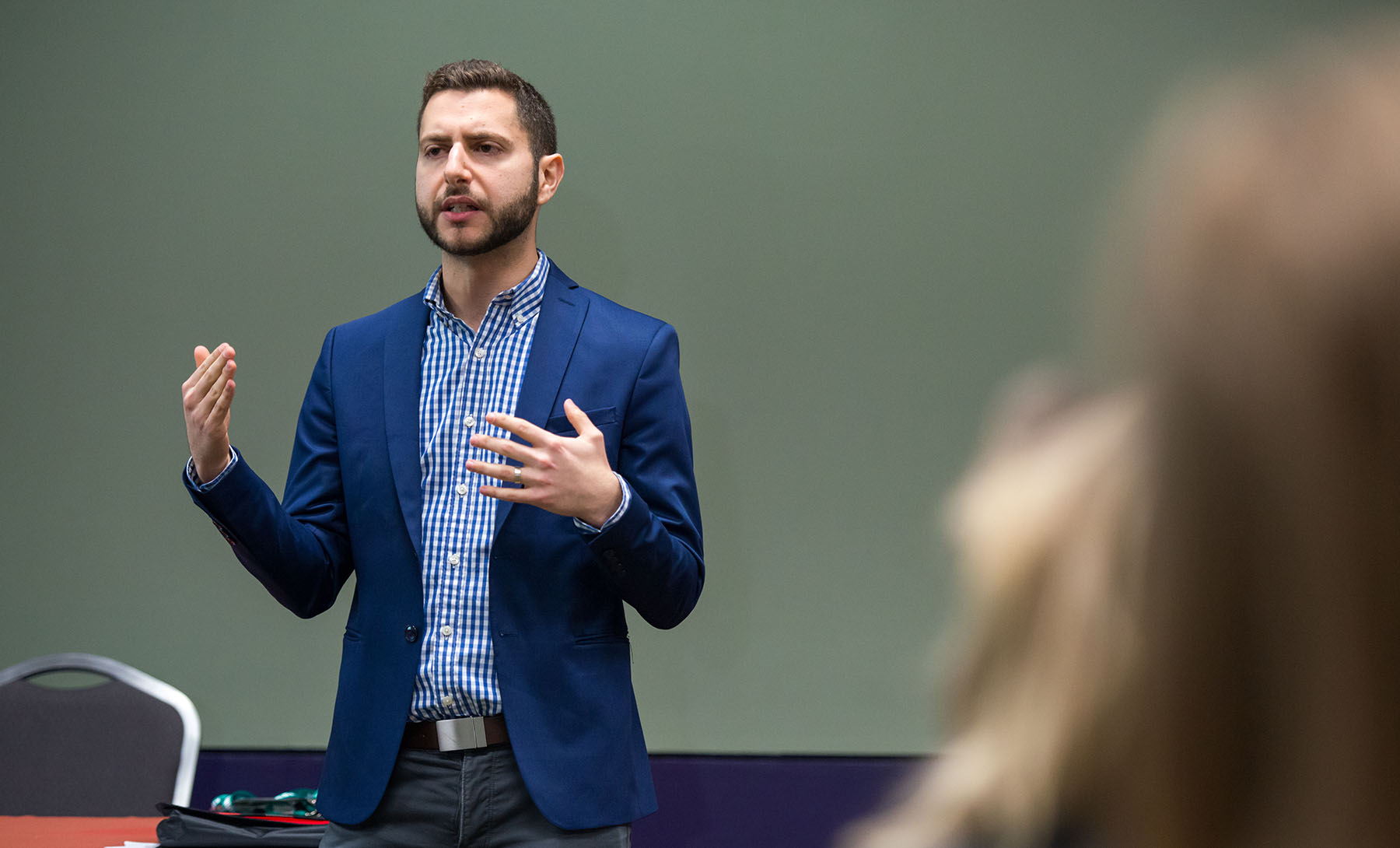This qualitative study describes the experiences of 16 successful first-generation college students (FGCS) utilizing a theoretical lens, informed significantly by bioecological systems theory (Bronfenbrenner, 1979), which guided our qualitative analyses of interview transcripts to examine the activities, roles, and relationships of these students as they approached the finish line of college graduation. We responded to an omission in the literature on FGCS experiences: although researchers have examined the struggles of firstgeneration and low-income students, few studies have focused on the experiences of successful students. We offer a developmental paradigm for appreciating undergraduate retention. Recommendations from this investigation support the development and implementation of proactive retention and degree-completion strategies from a strengths-based perspective.
ExploreThe Activities, Roles, and Relationships of Successful First-Generation College Students
Related Stories

Data, Assessment, & Evaluation
Staff Perceptions of First-in-Family Students in Higher Education: A Case Study of a Belgian College

Access and Persistence
“I Wasn’t Supposed to Be There”: Examining the Experiences of First-Generation Women of Color in Undergraduate STEM Majors

Data, Assessment, & Evaluation
